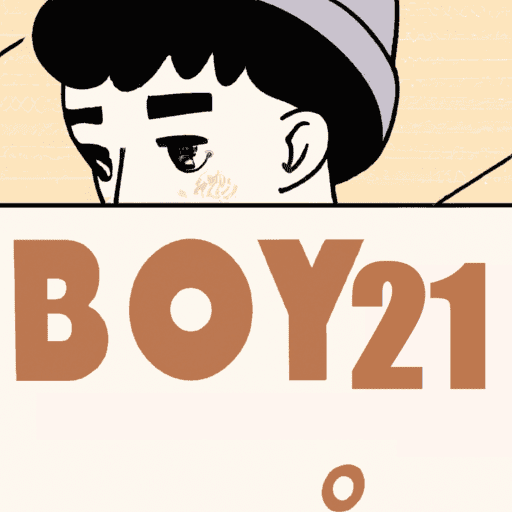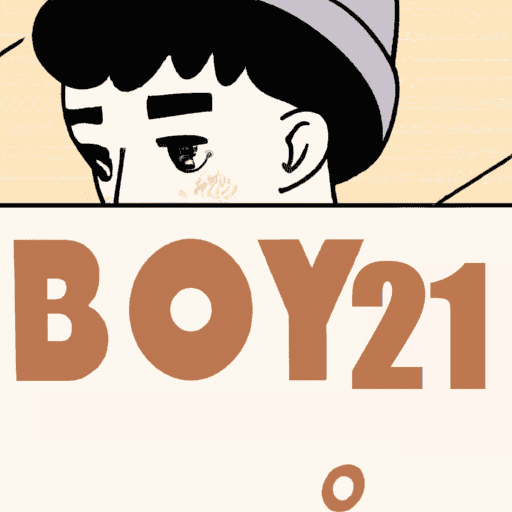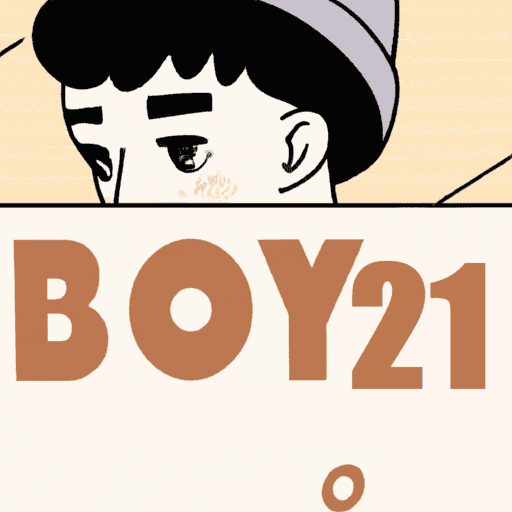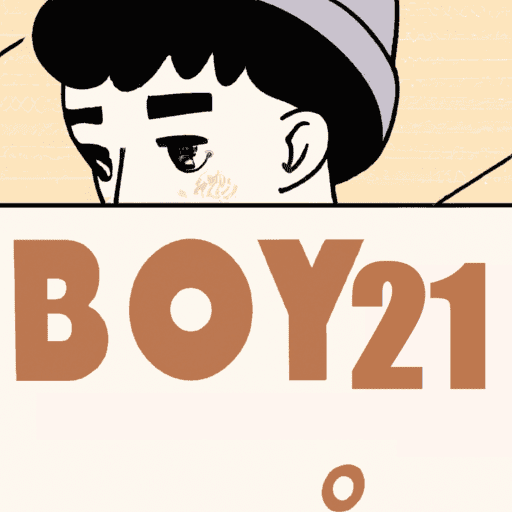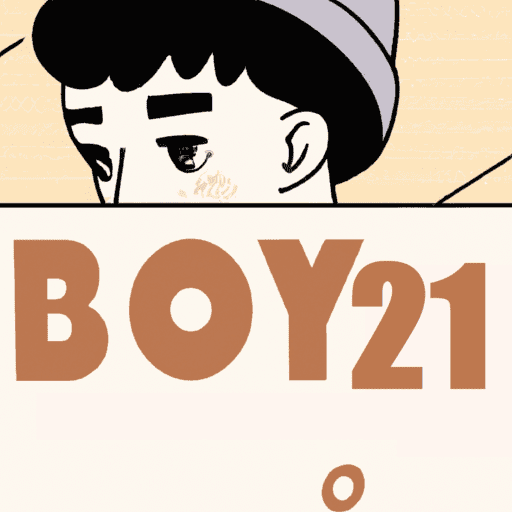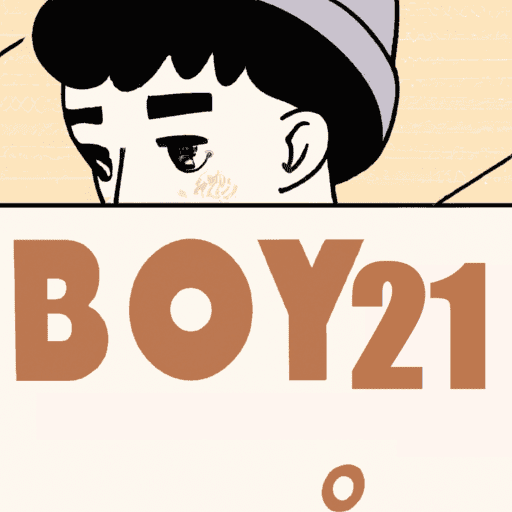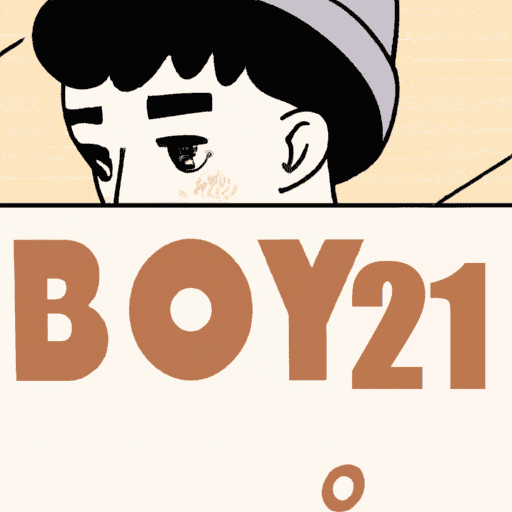
What impact does the town's socio-economic condition have on the characters and their ambitions?
In Matthew Quick's YA novel Boy21, the small, post-industrial Pennsylvania town where Finley and Russ reside acts as more than just a backdrop. The town's steady economic decline and limited opportunities powerfully shape the mindsets and ambitions of these two troubled teens striving to build better futures.
A Town in Decline: Economic Struggles and Limited Horizons
Quick paints the town almost as its own character, the pervasive depression and poverty of the place seeping into Finley's family and prospects. Finley’s father diligently works multiple jobs just to scrape by after the factories closed, rarely home. Surrounded by “abandoned coal breakers” and “dead trains,” Finley feels trapped, believing only a basketball scholarship could lead to a life beyond this town with his girlfriend Erin.
Dreams and Love: How the Town Shapes the Lives of Finley and Erin
The town’s hopelessness directly fuels Finley’s fixation on being a star athlete as his sole chance to give Erin a stable life elsewhere. Quick heartbreakingly notes the constant sight of the ruined landscape "helped keep my dreams small, manageable.” Finley expects little beyond survival.
Similarly, the town’s economic stagnation affects Erin’s family, her mother turning to alcohol and drugs to cope, foreshadowing Erin's own struggles with addiction. Their socio-economic immobility weighs on Finley and Erin’s relationship, as they grasp for love as a means of escape. Quick deftly links the town’s decline to the doomed lovers’ downfall, their dreams of a future together tragically intersecting with the town’s harsh realities.
The Town's Influence on Russ: Finding Hope Amidst Decline
Conversely, privileged Russ moves to the town already scarred by trauma. Yet free from the town’s ingrained cynicism, Russ retains hope and vision. Inspired by Finley, basketball helps Russ see unexpected possibilities for himself in the town Finley is so desperate to leave. Discovering true friendship and a welcoming community, Russ chooses to build a life there rather than resuming his old privileged trajectory, breaking the cycle of low expectations the town imparts.
Quick implies that economic constraints need not wholly determine one’s path if human connections can provide purpose. Russ’s ambition springs not from material means but his bond with Finley, achieved through shared struggle. Quick suggests change comes not from escaping surroundings but seeing potential within them through fresh eyes unclouded by past pain or cynicism.
Overcoming Limitations and Building Connections in a Small Town
Through Boy21’s nuanced depiction of contrasting ambitions, Matthew Quick explores how our environments shape us yet limitations can be overcome through human bonds. While the town fuels Finley’s feelings of entrapment, it is also where he changes Russ’s life simply by being a loyal friend. Quick ultimately portrays how sharing struggle can redeem even the bleakest of places, if we open our hearts to hope.
Quick deftly employs setting as a metaphor for the mental constraints poverty creates, while revealing relationships as the key to unlocking our highest ambitions. Boy21 sends a bittersweet yet hopeful message that the love we find and inspire in others remains ours to carry with us, wherever life may take us.
